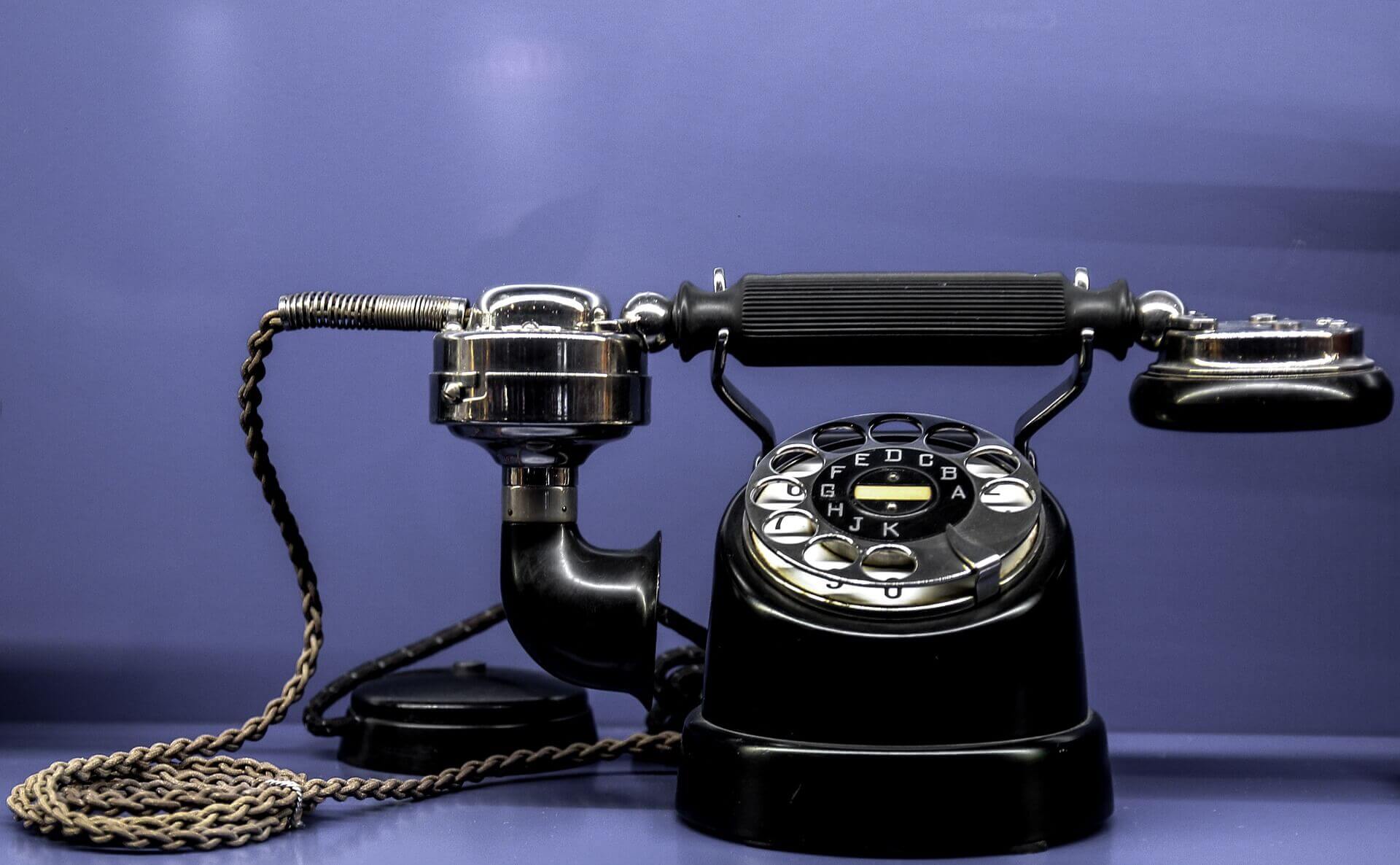The Ultimate TCPA Compliance Checklist [A Step-by-Step Guide]
Selling over the phone is arduous work, but it’s a regular practice because it works. However, there are laws in place to protect the consumer from both bothersome and spam phone calls. Though you are calling on behalf of a legitimate business, it is possible that some of your telemarketing practices are not compliant with the Telephone Consumer Protection Act. If you don’t want to find yourself in hot water, learn about and apply the rules and regulations of the TCPA. Doing so will is necessary to avoid costly consequences.
What Is TCPA?
TCPA stands for Telephone Consumer Protection Act. It became law in 1991 and is designed to limit the number of telemarketing phone calls people can receive. The law allows consumers to dictate their availability for phone calls, requires consent for prerecorded calls, auto-dialed calls, and text messages for wireless phones, as well as the following:
- Companies must have a “Do Not Call” list that keeps track of people who have asked not to be called.
- Companies are required to be up to date on and honor the National Do Not Call Registry.
- Callers have to provide their name, the name of the company they are calling on behalf of,, and a telephone number/address where they can be contacted.
- No calls should be made before 8 a.m. and after 9 p.m. (local time).
- Callers/companies can’t use artificial or prerecorded voices when getting in touch with a residence.
- If auto-dialing, calls cannot connect to multi-line businesses.
- No unsolicited advertising faxes are allowed.
Should the caller disobey any of these rules, they can be sued for up to $500 per violation. The consumer involved could also potentially seek an injunction, or do both. If a mistake is made knowingly, the price goes up to $1,500 per violation.
This law is a serious one, but as straightforward as it might seem, it still has lots of gray areas that make it difficult to interpret. Subsequently, a TCPA compliance checklist will be of great use to businesses with call centers.
TCPA Compliance Checklist
Below is a list that when adhered to will protect you and your agents from breaking the TCPA.
- Do not call residences before 8am or after 9pm, local time.
- Maintain a DNC list that pertains directly to your business or organization and, as a company, honor it for 5 years.
- Honor the National DNC Registry.
- Stop a call if you’ve been on the line for 15 seconds or 4 rings, whichever comes sooner.
- Do not use artificial voices or recordings when contacting residences unless you’ve obtained prior consent.
- In any instance where the person you’re calling has to pay for the call (healthcare facilities such as hospitals, mobile phones, etc.), don’t use artificial voice, recordings, or auto-dialers.
- When using a prerecorded message, make sure the recipients of your calls have an opt-out option that will put them on the DNC at their request.
- When you make a call, make sure you give your name, the name of your company, and a phone number or address where the consumer can reach your company.
- Train your employees regarding practices that customers may consider deceptive, unfair, or abusive.
- Be aware of regulatory updates by checking up on them often (at least once a week).
Ready to take your business to the next level? Let our call center experts show you how we've helped organizations just like yours seamlessly scale while lowering costs and increasing efficiencies.
You won't regret it.
Additional Frequently Asked Questions
What Does the TCPA Require to Disclose?
The TCPA requires all telemarketers to disclose certain information when sending prerecorded messages or autodialed texts. This includes:
- Multiple identity disclosures
- Purpose disclosures
- Information about getting on the Do Not Call list
- A way to opt out of calls or text?
What Is a TCPA Claim?
A TCPA claim is a type of lawsuit filed against telemarketers. A consumer can file this type of claim if they believe they’ve been the recipient of unsolicited phone calls, had calls recorded without their consent, and more. These claims are usually taken to local or state court, or the case is handled by the Federal Communications Commission. Companies that violate TCPA regulations could face a fee or other more serious repercussions.
Does TCPA Cover Text Messages?
Yes, the TCPA applies to text messages as well as phone calls. This means that telemarketers are held to the same standards for any texts they send out to consumers. If a TCPA claim is filed against them, the courts will treat a text message as equal to a phone call.
In order to comply with TCPA regulations, telemarketers can only send text messages between a set time period, must check for reassigned phone numbers, and avoid texting those on the DNC list.
Who Enforces the TCPA?
An independent U.S. government agency called The Federal Communications Commission (FCC) is in charge of enforcing the TCPA. The FCC determines penalties for companies that violate the TCPA. Some violations may also be handled in local or state courts.
What Is the Difference Between DNC and TCPA?
The TCPA refers to the Telephone Consumer Protection Act, which was passed as law in 1991. This law puts limitations on telemarketing phone calls and gives consumers the freedom to opt in to call recording, autodialing, and more.
One of the TCPA requirements is that companies must have a “Do Not Call” list, which is also known as a DNC list. Consumers on the DNC list have asked that they not be called by the telemarketer. The names on this list need to be updated in the National Do Not Call Registry.
What Is the Telemarketing Sales Rule?
The Telemarketing Sales Rule is also known as the Telemarketing and Consumer Fraud and Abuse Prevention Act—a law passed in 1994 to minimize predatory or fraudulent telemarketing. The rule requires telemarketers to:
- Disclose certain information to consumers
- Get informed consent before billing
- Honor the National Do Not Call Registry
- Provide accurate Caller ID data
- And more
How Long Does TCPA Consent Last?
All telemarketers must get consent from consumers before sending prerecorded or autodialed calls or sending text messages. This consent can be written or electronic, and lasts for four years. At this point, the consumer must provide consent once again.
By keeping track of all of the above, as well as doing your best to train your callers to be excellent customer service representatives, you’ll minimize any difficulty with TCPA. Consider outsourcing your telemarketing service to ROI CX Solutions to be sure your telemarketing practices are TCPA compliant.






